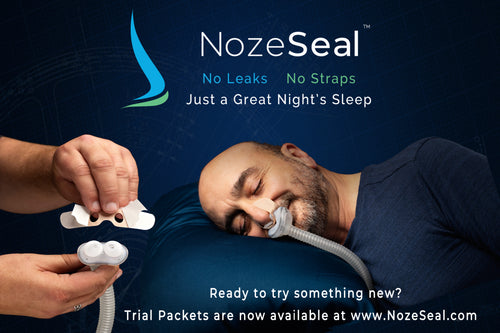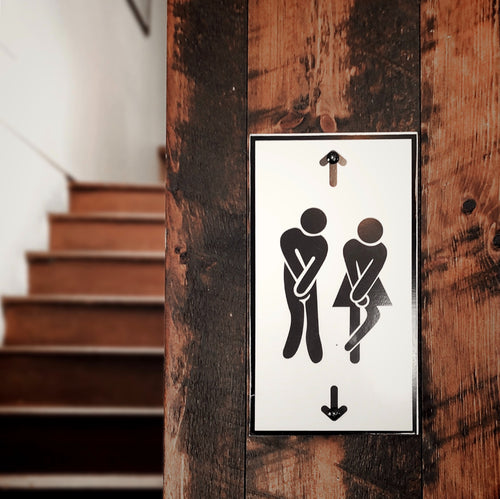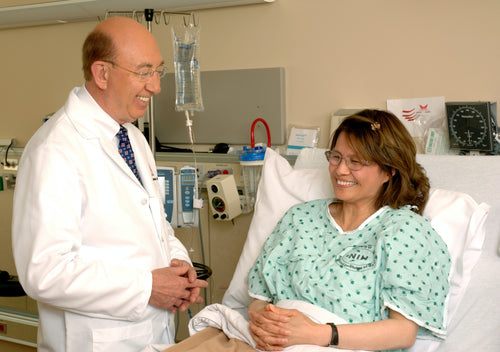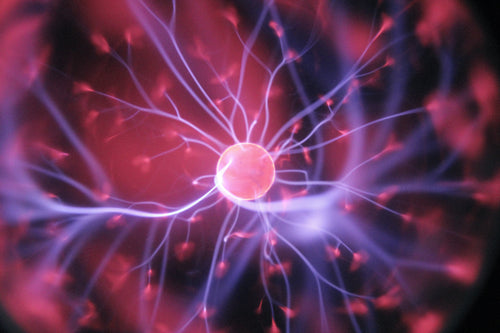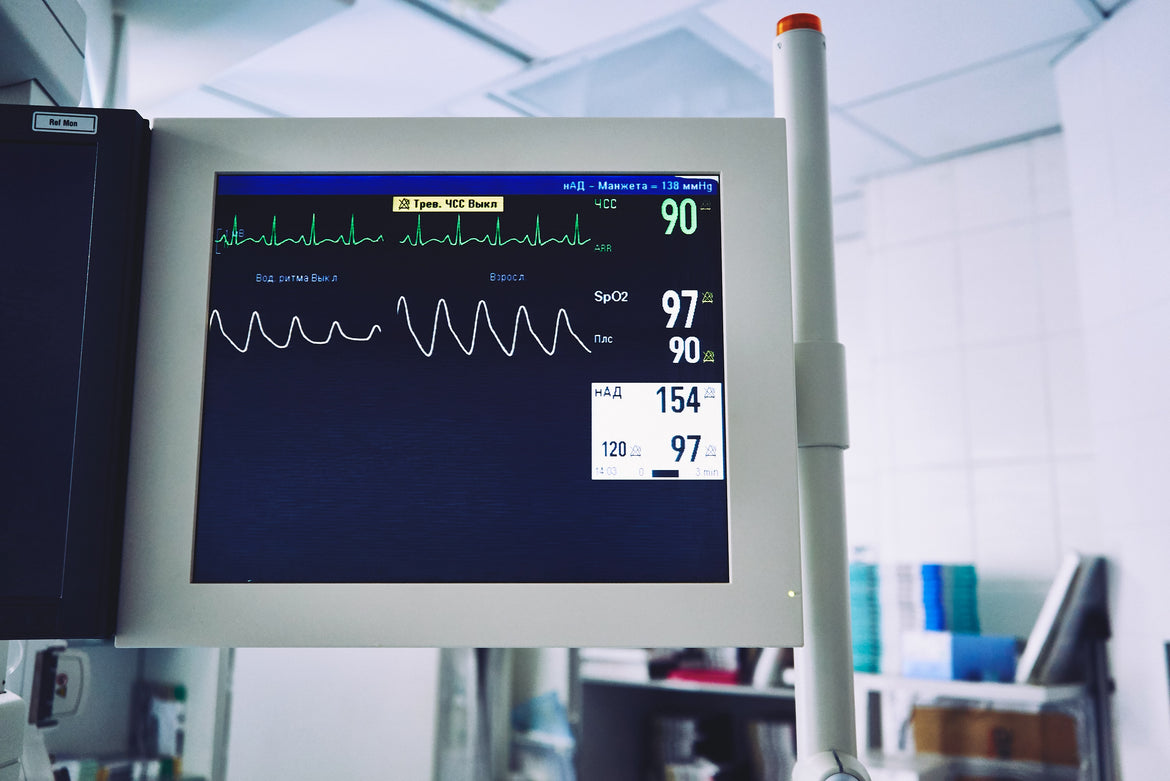
Here's how CPAP may help with atrial fibrillation (afib)
- on September 11, 2022
- Categories: Sleep & Health
Obstructive sleep apnea (OSA) is present in 21% to 74% of those with atrial fibrillation.
Individuals with untreated severe OSA are eight (8) times more likely to develop atrial fibrillation in their lifetime than those with treated OSA.
Those with OSA are more likely to develop atrial fibrillation postoperatively.
And, those with untreated severe OSA are two (2) times more likely to have recurrent atrial fibrillation over one (1) year following cardioversion than are those with treated OSA.
Treatment of sleep apnea with CPAP may further improve:
|
Cardiac arrhythmias Hypertension Sudden cardiac death Seizure control |
Stroke risk Memory impairment Esophageal reflux Nighttime urination |
NozeSeal wants to help you control those health risks with a great night's sleep free of severe apneas.
The NozeSeal adhesive strip secures and seals your CPAP nasal pillows to the nose. No leaks. No straps. Just a great night's sleep.
NozeSeal Instructional Video from NozeSeal on Vimeo.
Reference:
Gami, Apoor S., et al. "Association of atrial fibrillation and obstructive sleep apnea." Circulation 110.4 (2004): 364-367.
Linz, Dominik, et al. "Sleep apnea and atrial fibrillation." Cardiac electrophysiology clinics 13.1 (2021): 87-94.



